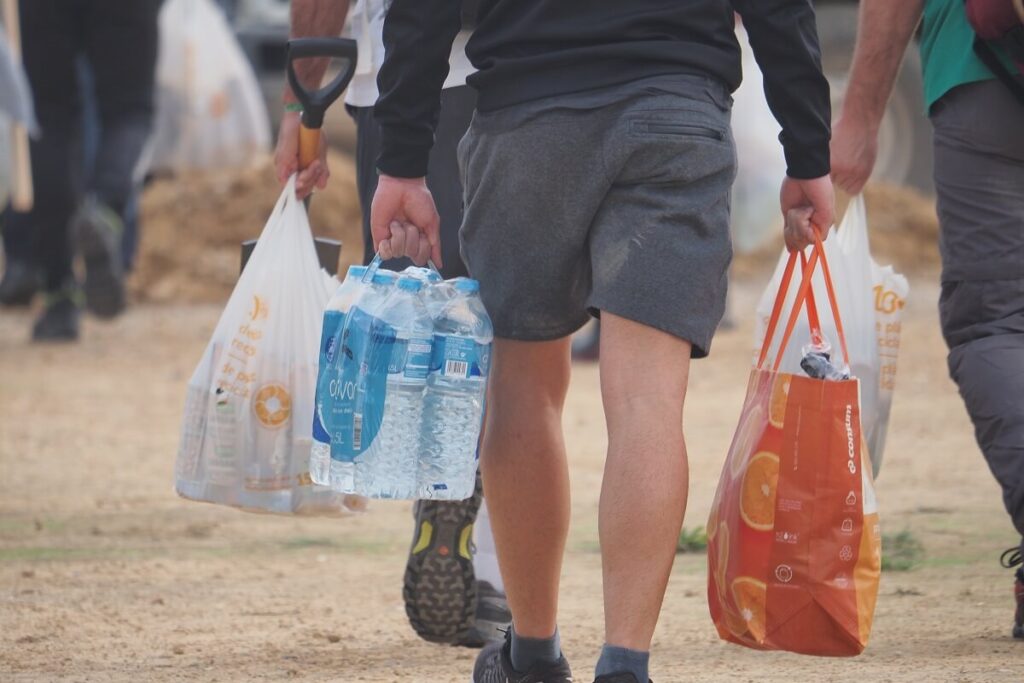
Disasters—whether natural or man-made—can leave a lasting impact on communities, families, and individuals. From hurricanes and floods to wildfires and tornadoes, these events often arrive without warning and leave behind physical destruction, emotional trauma, and financial uncertainty. In the aftermath, one of the most critical elements of recovery isn’t just government aid or insurance—it’s the support of the community.
Community support plays a powerful and often underappreciated role in disaster recovery. When people come together to offer resources, compassion, and solidarity, the road to rebuilding becomes smoother, faster, and less overwhelming. Here’s a closer look at how communities help each other recover and why this support matters so much.
Immediate Response: Neighbors Helping Neighbors
In the chaotic hours and days after a disaster, community members are often the first to respond. While emergency services work tirelessly to assist those in need, neighbors are typically already checking in on each other, offering shelter, food, and emotional support.
Whether it’s helping to clear debris, providing generators and supplies, or simply being there to listen, these immediate acts of kindness create a sense of normalcy and reassurance. In many cases, it’s this informal network of support that keeps people going while larger systems are still mobilizing.
Resource Sharing and Local Aid
Communities often organize local donation drives and resource-sharing hubs to help affected families. Schools, churches, and community centers may turn into temporary shelters or distribution centers for food, clothing, and hygiene products. Local businesses may offer services at reduced rates—or even free—to help those in recovery.
This grassroots level of aid fills critical gaps while awaiting state or federal assistance. Because these efforts are local, they tend to be more responsive and personal, ensuring that help gets to those who need it most, quickly and compassionately.
Emotional and Mental Health Support
The psychological toll of experiencing a disaster can be as significant as the physical losses. Community support can play a key role in helping people process grief, stress, and anxiety. Informal gatherings, support groups, or simply the ability to talk with someone who went through the same experience can be deeply healing.
Some communities establish mental health outreach programs with trained volunteers or professionals, while others rely on peer support. Either way, these efforts promote emotional recovery and reduce feelings of isolation.
Long-Term Rebuilding Together
As the initial crisis subsides, the hard work of rebuilding homes, businesses, and lives begins. Community organizations, neighborhood associations, and volunteer groups often play an ongoing role in coordinating reconstruction projects and advocating for resources.
These efforts might include:
- Organizing group volunteer days to repair homes
- Assisting vulnerable populations with paperwork and applications for aid
- Offering job placement services or small business support
- Hosting community meetings to plan rebuilding projects and future preparedness
The collective effort not only helps residents rebuild more efficiently but also strengthens the bonds between neighbors.
Strengthening Resilience for the Future
One of the most powerful aspects of community support after a disaster is how it fosters resilience. Communities that have gone through hardship together often emerge stronger and better prepared. They may form new networks, improve emergency preparedness plans, and develop systems for quicker response in the future.
This proactive approach reduces the impact of future disasters and empowers individuals with a greater sense of control and confidence.
The Role of Insurance in Community Recovery
While community support is vital, it’s only one part of the recovery puzzle. Having the right insurance coverage in place can make a significant difference in how quickly individuals and businesses bounce back, such as the following:
- Homeowners insurance
- Business interruption insurance
- Flood insurance
- Other specialty coverages
These help provide the financial resources needed to repair property and replace lost belongings. In times of crisis, the combination of insurance support and a strong community foundation creates the best chance for full recovery.
Garrett Insurance Offers the Support You Need
Disasters are never easy to face, but they have a unique way of bringing people together. Community support is often the lifeline that keeps individuals and families afloat during the toughest times. From sharing supplies and clearing debris to offering emotional support and long-term rebuilding help, neighbors supporting neighbors makes recovery not only possible—but more humane and hopeful.
At Garrett Insurance, we understand that true resilience is built on preparation and connection. We’re here to help you safeguard what matters most before disaster strikes, so you have the resources and support you need when it matters most. Contact us today to learn more about how we can help protect you, your home, and your community.
